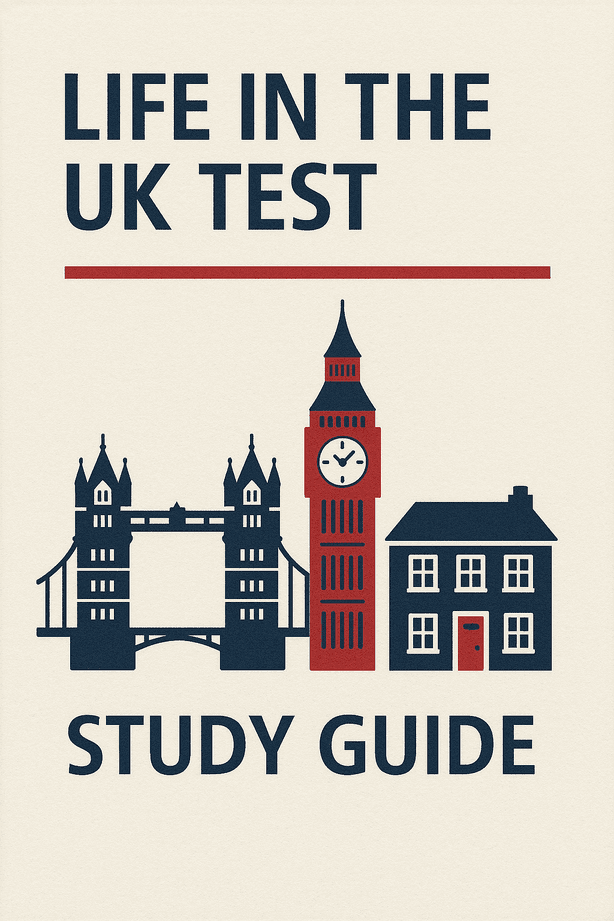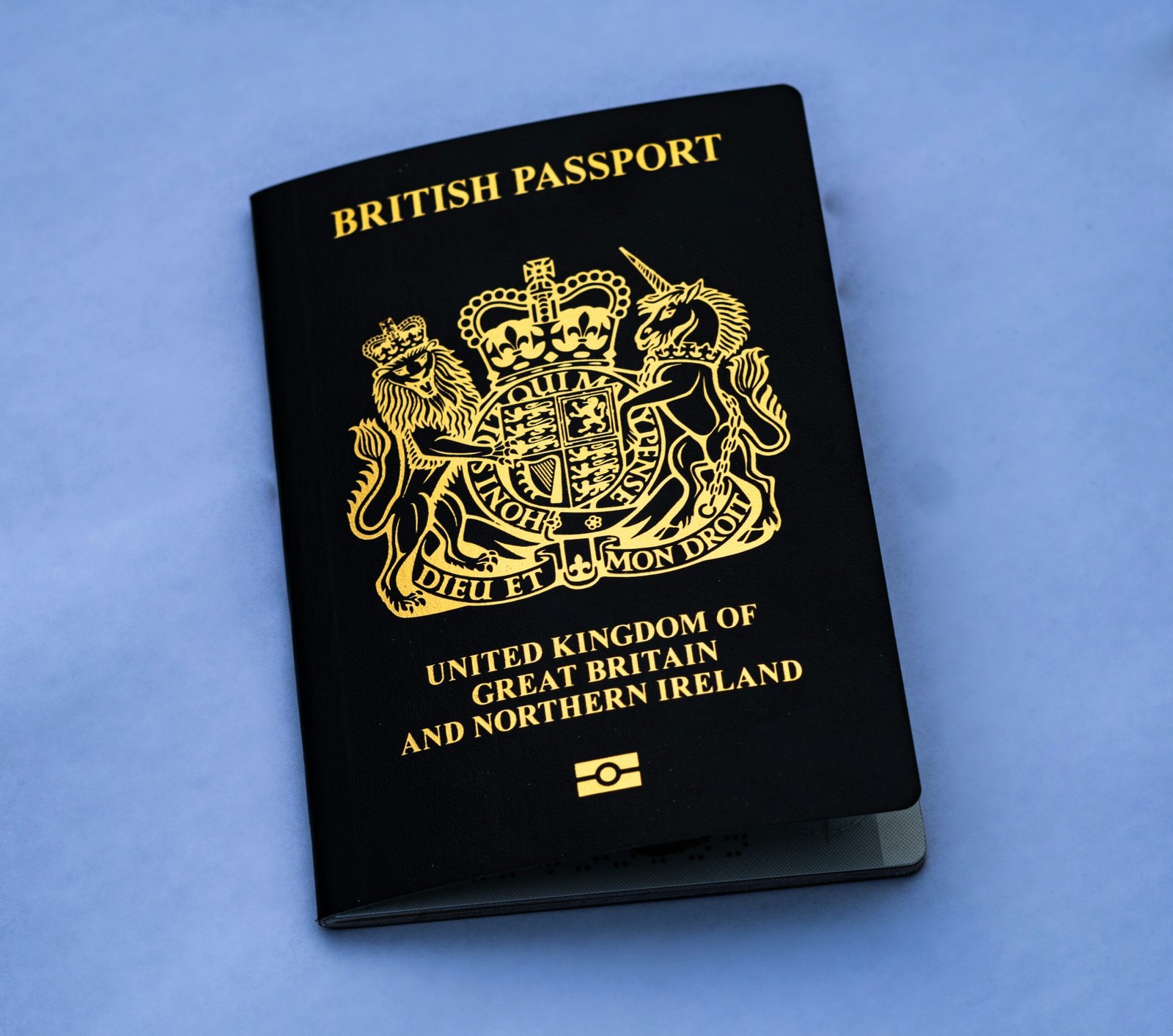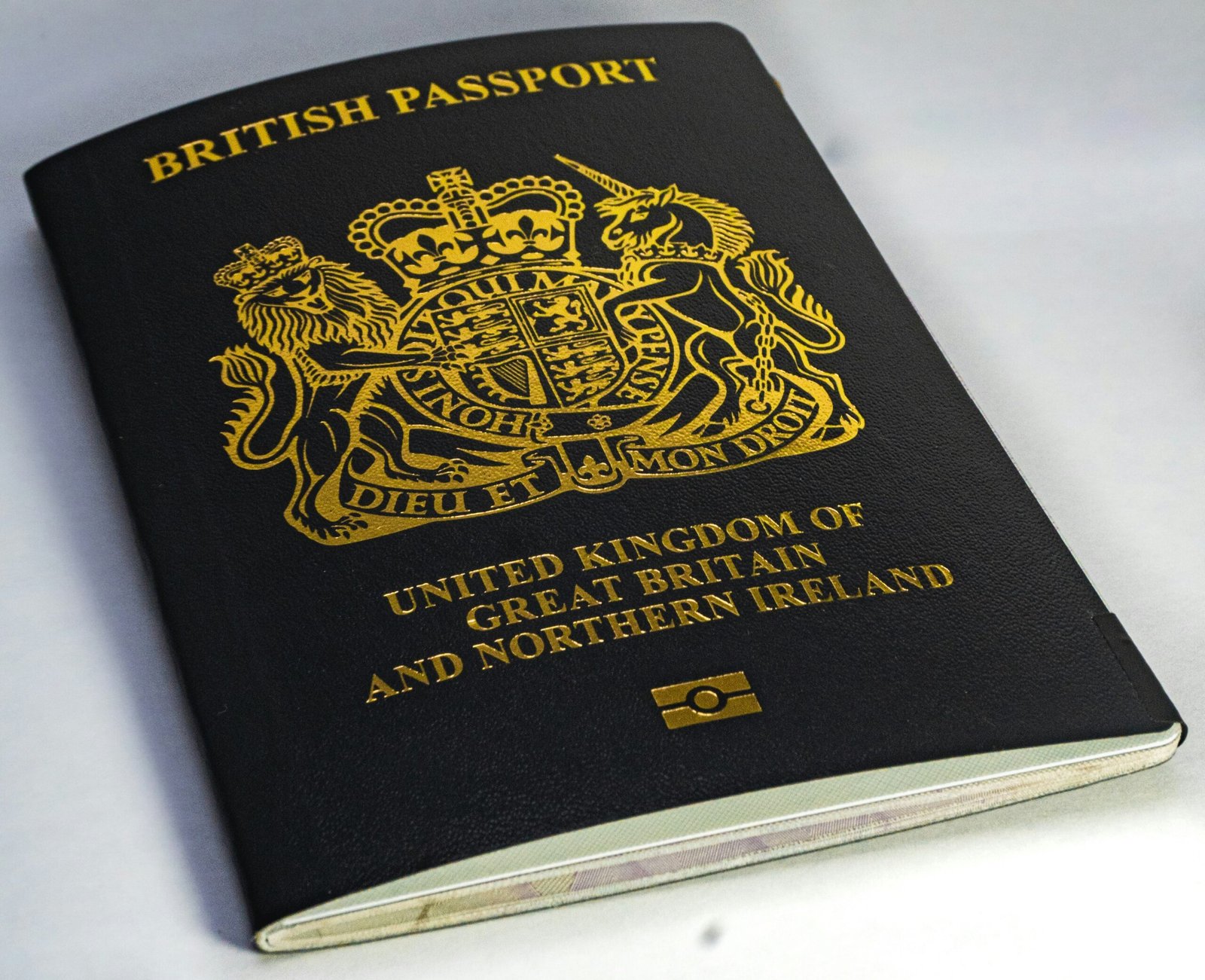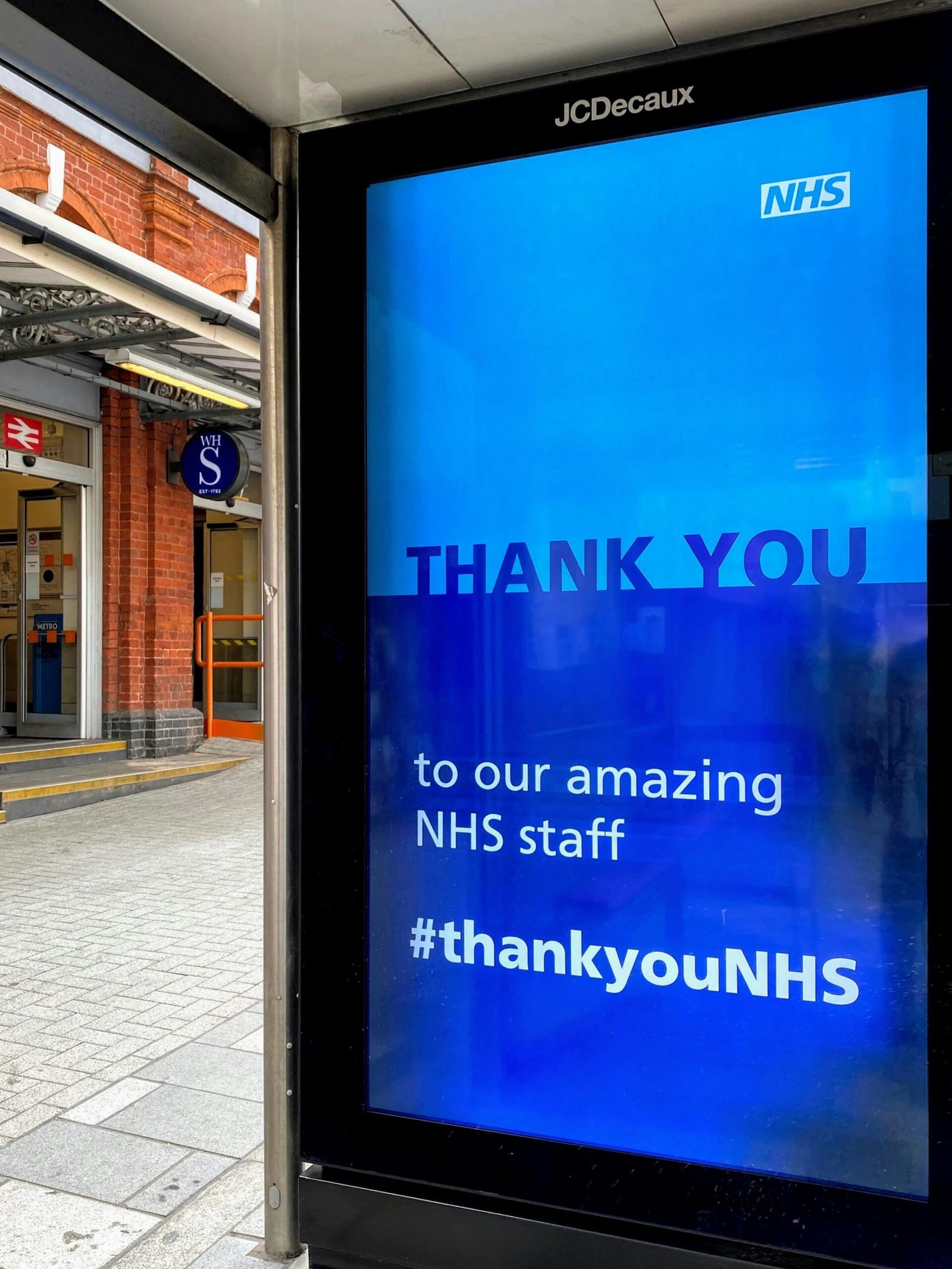Stepping into a new country comes with a long checklist: finding a place to live, sorting out finances, maybe even getting a job. But one of the most important – and often confusing – aspects for new residents in the UK is understanding the National Health Service, or NHS.
The NHS is a source of immense pride for many in the UK, offering comprehensive healthcare to all permanent residents, largely free at the point of use. It’s a system built on the principle that good healthcare should be available to everyone, regardless of their ability to pay.
But what exactly is it? How does it work? And how do you access it? Don’t worry! This guide is designed to demystify the NHS, helping you navigate your way to good health in your new home.
What is the NHS? A Publicly Funded Healthcare System
At its heart, the NHS is a publicly funded healthcare system. This means it’s primarily paid for through general taxation, allowing most services to be free at the point of need for eligible residents. It covers a vast range of services, from routine GP appointments and emergency care to hospital treatments, specialist referrals, and even some dental and eye care (though these often have charges).
Key Principles of the NHS:
- Comprehensive: Designed to cover a wide range of health needs.
- Free at the Point of Use: You generally don’t pay for consultations or treatments at the time you receive them.
- Universal: Available to everyone legally residing in the UK, regardless of income or background.
- Based on Need, Not Ability to Pay: Treatment decisions are based on medical necessity.
Who Can Use the NHS? (Eligibility is Key!)
Generally, if you are legally living in the UK on a permanent basis, you are entitled to free NHS healthcare. This includes:
- British citizens
- Individuals with Indefinite Leave to Remain (ILR)
- Those granted refugee status or humanitarian protection
- EU, EEA, and Swiss citizens with settled or pre-settled status under the EU Settlement Scheme
- Individuals on most long-term visas (e.g., Skilled Worker Visa, Family Visa) who have paid the Immigration Health Surcharge (IHS) as part of their visa application. Payment of the IHS grants you access to NHS services on the same basis as a permanent UK resident for the duration of your visa.
- Note on IHS: As of February 2024, the standard annual Immigration Health Surcharge is £1,035, with a discounted rate of £776 per year for students and Youth Mobility Scheme applicants. This is paid upfront for the duration of your visa.
- Students with a valid Student visa (who have paid the IHS).
Important Note for Visitors: If you are visiting the UK on a tourist visa, you generally won’t be entitled to free NHS care, except for emergency treatment. It’s always advisable to have travel insurance.
Your Gateway to Healthcare: The GP (General Practitioner)
Your GP is your first point of contact for most health concerns and the cornerstone of the NHS.
- What is a GP? A GP is a community-based doctor who provides general medical care, diagnoses common illnesses, offers health advice, issues prescriptions, and refers you to specialists or hospital services if needed.
- How to Register: You must register with a GP surgery near where you live to access most NHS services. This is a simple process:
- Find a GP surgery using the official NHS website
- Check their practice boundary to ensure you live within it.
- Contact the surgery to request a registration form (GMS1).
- Provide proof of ID and address (though officially not always required, it helps).
- You might be offered a new patient health check.
- Why Register? Without a registered GP, you won’t be able to get routine appointments, prescriptions, or specialist referrals, read more on how to register for GP.
Navigating NHS Services: Beyond the GP
The NHS offers a wide range of services. Here’s a quick overview:
- Pharmacies: Your local pharmacy isn’t just for picking up prescriptions. Pharmacists are highly trained healthcare professionals who can offer advice on minor ailments (coughs, colds, aches), recommend over-the-counter remedies, and even provide emergency contraception or flu vaccinations.
- NHS 111: If you need urgent medical advice but it’s not a life-threatening emergency, call 111 (free from any phone) or visit 111.nhs.uk. They can assess your symptoms, provide advice, or direct you to the right service, including out-of-hours GPs, urgent treatment centres, or even call an ambulance if needed.
- Hospitals:
- Accident & Emergency (A&E) / Emergency Department (ED): This is for serious, life-threatening emergencies only (e.g., severe chest pain, heavy bleeding, suspected stroke). Do not use A&E for minor illnesses.
- Urgent Treatment Centres (UTCs) / Minor Injury Units (MIUs): For urgent but not life-threatening conditions (e.g., sprains, minor cuts, infections). They can often provide quicker treatment than A&E. Use NHS 111 to find your nearest one.
- Outpatient Appointments: If your GP refers you to a specialist (e.g., a dermatologist, cardiologist), you’ll typically have an outpatient appointment at a hospital.
- Mental Health Services: The NHS provides a range of mental health support, from talking therapies (often accessed by self-referral or GP referral) to specialist psychiatric care.
- Maternity Services: Comprehensive care for pregnant individuals, including antenatal, birth, and postnatal care.
- Dental Care: NHS dental care is available, but you usually pay a set charge for treatment. As of April 1, 2025, the charges in England are:
- Band 1: £27.40 (e.g., examination, diagnosis, X-rays, scale and polish).
- Band 2: £75.30 (e.g., everything in Band 1 plus fillings, root canal treatment, extractions).
- Band 3: £326.70 (e.g., everything in Bands 1 and 2 plus crowns, dentures, bridges). It can sometimes be difficult to find an NHS dentist taking new patients, so be prepared to call around or go private if urgency is key.
- Opticians/Eye Care: You pay for eye tests and glasses, although some groups (e.g., under 16s, those on certain benefits) are eligible for free eye tests or vouchers.
Understanding Costs: Free vs. Paid Services
While the NHS is largely free, there are some costs you might encounter:
- Prescription Charges: In England, there is a flat fee for most prescriptions. This fee has been frozen at £9.90 per item for 2025/26. This does not apply in Scotland, Wales, or Northern Ireland, where prescriptions are free. Certain groups (e.g., under 16s, over 60s, those on certain benefits, pregnant individuals, specific medical conditions) are exempt from charges in England.
- Dental Charges: As mentioned, there are set charges for NHS dental treatment bands.
- Eye Care: You pay for eye tests and glasses unless exempt.
- Private Healthcare: You always have the option to pay for private healthcare, which can offer quicker appointments or more choice of specialist, but it’s not covered by the NHS.
Key Tips for New Residents Navigating the NHS:
- Register with a GP ASAP: This is your absolute priority.
- Download the NHS App: It’s incredibly useful for booking appointments, ordering repeat prescriptions, checking your medical record, and accessing NHS 111.
- Know Your NHS Number: Once registered, you’ll receive an NHS number. Keep it handy as it’s your unique identifier for all services.
- Use 111 for Non-Emergencies: Don’t go straight to A&E unless it’s genuinely life-threatening. Use 111 for urgent advice.
- Understand Prescription Charges: Know if you’re exempt or what the current fee is.
- Be Patient: The NHS is often busy, and sometimes there are waiting lists for specialist appointments or non-urgent procedures.
- Ask Questions: If anything is unclear, don’t hesitate to ask your GP or reception staff questions about how things work.
Understanding the NHS is a key part of settling into life in the UK. It’s a complex but incredibly valuable system designed to look after your health. By getting registered with a GP and understanding the various services available, you’ll be well-equipped to access the care you need when you need it. Welcome to the UK!













Leave a comment